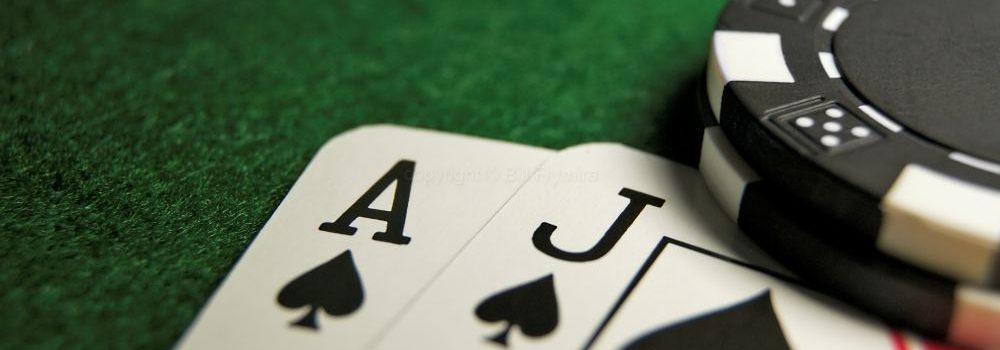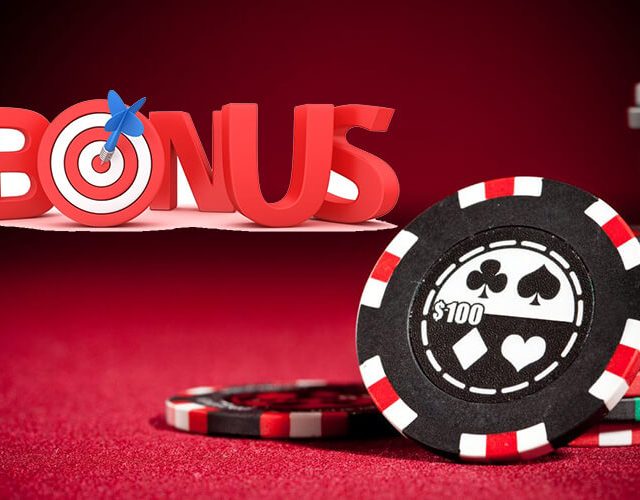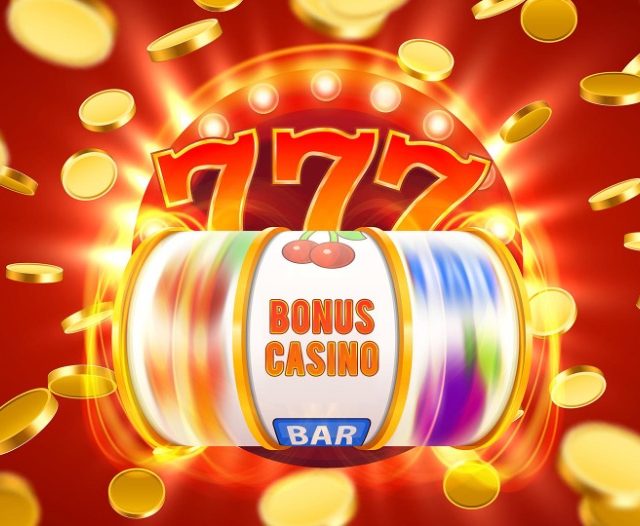Online gambling is evolving rapidly, and staying on top of the latest trends and innovations is crucial for enthusiasts seeking the best gaming experience. As technology advances, casino apps have become increasingly popular, providing users with a convenient and immersive way to enjoy their favorite games. In this comprehensive review, we’ll delve into the top-ratedRead More
Casino
How Are Casino Games Developed and Tested?
Casino gaming is one of the oldest forms of entertainment and is enjoyed by millions of people around the world.
Recent Posts
Sorry, no posts were found.











